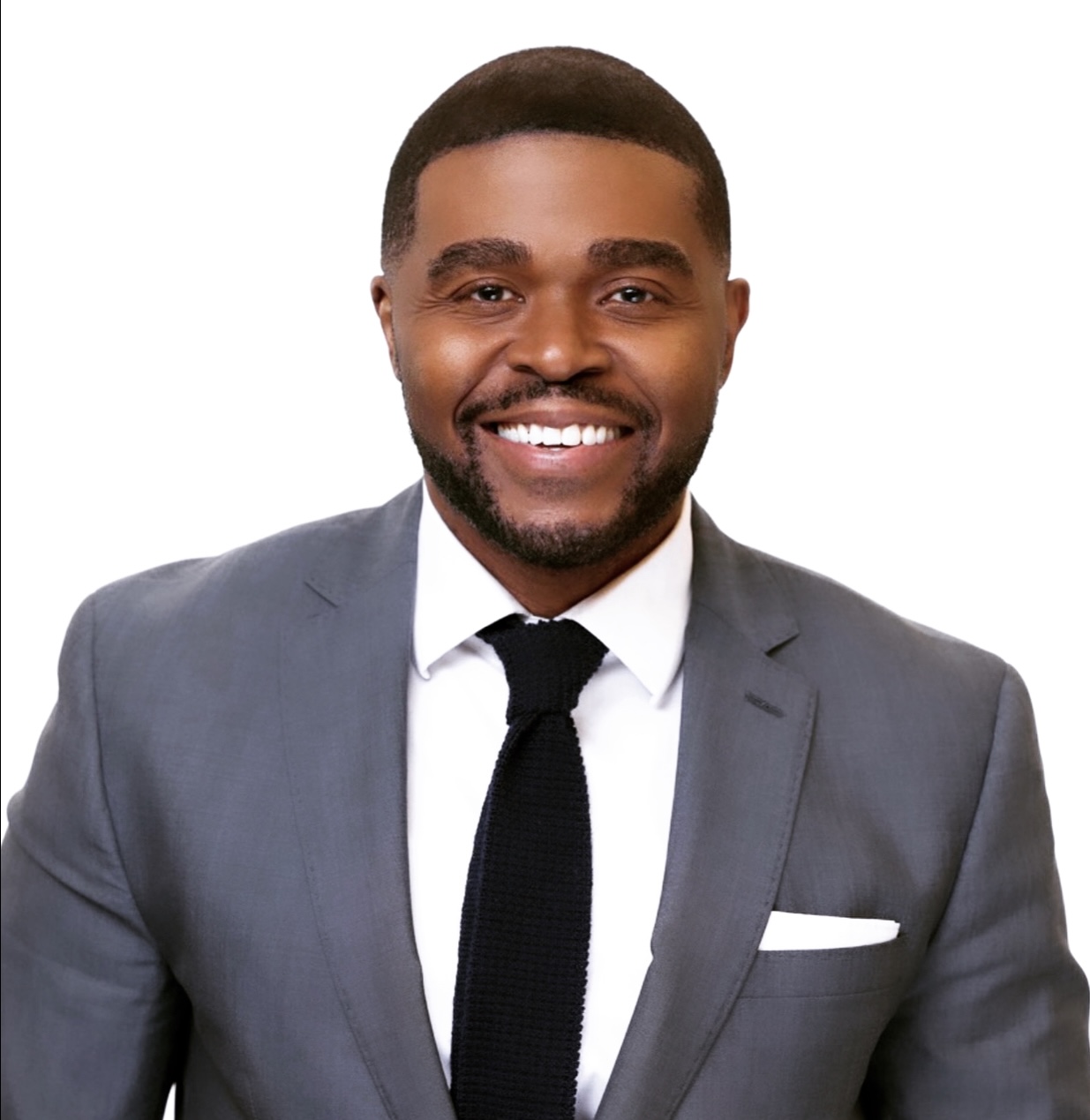Promoting Equity through Institutional & Community-Based Approaches for ADRD Populations
Overview
This course provides an overview of disparities in ADRD detection and treatment. To highlight systemic challenges within and beyond the walls of medical care, scenarios will showcase commonly cited biases in clinical decision-making as well as cultural and psychosocial barriers that result in late-stage diagnosis. Promoting early detection and fostering equitable care will require novel approaches in both institutional and community-based practices.
Target Audience
Social workers, home health aides, occupational therapists, physical therapists, directors of nursing, administrators, executive directors, and managers.
Learning Objectives
By the end of this course, the learner, when caring for geriatric patients, will be able to:
- Identify emerging disparity trends in ADRD diagnosis and treatment.
- Describe examples of the causal factors of the disparities.
- Examine institutional interventions to close the gaps.
- Describe how healthcare providers can work in partnership with community-based organizations to deliver culturally and linguistically nuanced education, outreach, and social services support.
- Examine interventions that advance improvement in day-to-day work.
- List the required skills required among healthcare providers to care for ADRD populations.
Christopher J. King, PhD, MHSc, FACHE
Dr. King, the inaugural Dean of the School of Health and former Chair of the Department of Health Systems Administration at Georgetown University, is an academic administrator, associate professor, and strategist, who is board certified in healthcare management and a Fellow of the American College of Healthcare Executives. With expertise at the intersection of institutional racism, social determinants of health, and healthcare administration, he envisions a world in which health status cannot be predicted by race, social class or place of residence.
Charlene Davis, BSW, MSW
Ms. Davis is a proactive Clinical Social Worker at Fort Sanders Regional Medical Center. With over 35 years of healthcare experience, Ms. Davis develops and implements operational procedures in social services and conducts in-service trainings for healthcare decision makers.
Relevant Financial Relationships
The course instructors have no relevant financial relationships. Scott Turner, one of the course planners, leads research grant sites as principal investigator funded by Lilly, Alector, Cognition Therapeutics, Novartis and Eisai. He is a consultant for Re:Cognition Health and part of the speakers Bureau for Lilly. All other course planners have no relevant financial relationships.
All relevant financial relationships have been mitigated.
Anti-Discrimination Policy
The instructors and course planners have agreed to our anti-discrimination policy that prohibits the inclusion of discriminatory language, graphics, or references on the basis of race, gender identity, age, color, national origin, physical or mental disability, or religion.
IACET:
As an IACET Accredited Provider, Innovation Horizons offers IACET CEUs for its learning events that comply with the ANSI/IACET Continuing Education and Training Standard.
EXPIRED:
Long Term Care Administrators
This educational offering has been reviewed and approved by the National Continuing Education Review Service (NCERS) of the Association of Long Term Care Administrator Boards (NAB) and approved for 1.25 clock hours and 1.25 participant hours.
NAB/NCERS Approval Number: 20240425-1.25-A93355-DL
Learners must provide their nursing home administrator license number and NAB CE registry identification number.
Maryland Social Workers
The Beacon Institute is an approved provider of continuing education by the Maryland Board of Social Work Examiners. The Maryland Board of Social Work Examiners certifies that this program meets the criteria for 1.25 credit hours of Category I continuing education for social workers licensed in Maryland.
Available Credit
- 0.10 IACET CEUs

 Facebook
Facebook X
X LinkedIn
LinkedIn Forward
Forward
